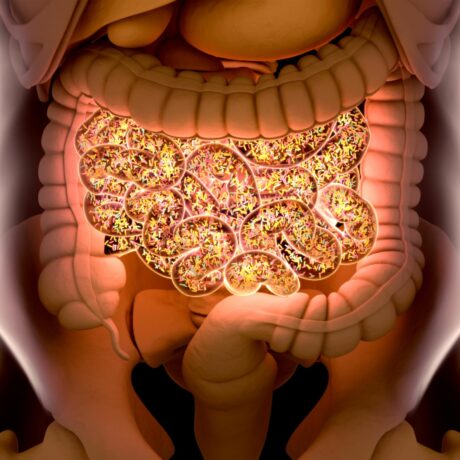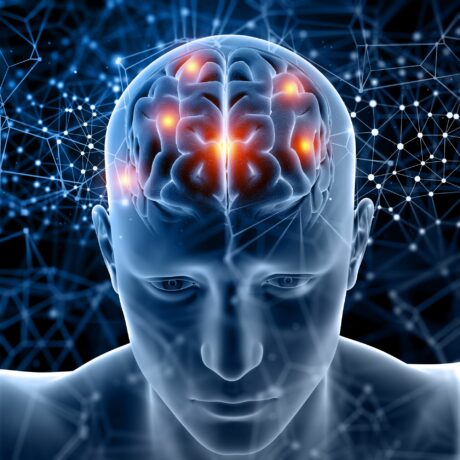SCIENCE
healing with information is the health (r)evolution to the future
Pilot phase online sound therapy
In the period from January 2021 to May 2023, more than 2000 participants participated in the online sound therapy pilot study. Participants (clients and animal owners) were able to sign up for this pilot through the network of Den Hoek, Holistic practice for Animal & Human in De Bilt, the Netherlands. In exchange for their participation, they have shared their experiences with us through reviews, interim surveys and personal reports. This has provided us with very valuable information, about both the technical aspects of offering our services online and how to improve this, as well as about the experience and effectiveness of the sound treatments. The many positive reactions we received during this pilot phase were a heart-warming encouragement for us to persevere and realize this online platform. Thanks to everyone who contributed to this!
Information Medicine Survey December 2021



Information Medicine Survey July 2022


Pilot study on the influence of Information Medicine sound frequencies on the microbiome

Based on our mission to shape the health revolution for the future with the help of Information Medicine and treatment with harmonic frequencies, we commissioned research into the composition and health of the microbiome in the intestines through stool research. With a pilot study in the period from July to December 2022, we looked at the influence that the Information Medicine sound files with harmonic frequencies have on the microbiome. We compared these results with a ‘placebo group’: that is, people who did not undergo any treatment.
The first results of this are:
- The number of Butyrate-producing bacteria in the intestines increased in the Information Medicine group compared to the placebo group. This is a positive effect because it is described in the scientific literature that the presence of these bacteria to a lesser extent is associated with, among other things, the presence of inflammation in the intestine and a gloomy mood.
- All participants in both the Information Medicine group and the placebo group had a deficiency of the Akkermansia bacteria. After 3 months, this Akkermansia bacteria was present in higher numbers in 40% of the participants of the Information Medicine group versus 10% in the placebo group. This is a positive effect because this bacterium ensures a strong intestinal wall, supports sugar metabolism and protects against inflammation in the body.
Pilot study on the influence of Information Medicine sound frequencies on brain activity using QEEG - brain research
The QEEG (Quantitative Electro-Encephalo-Gram) is a way of mapping brain activity in different areas of the brain. It makes the electrical activity in the brain visible in the form of brain wave patterns (spectra). In addition, it is measured how the different parts of the brain communicate with each other (coherences). This data can be analyzed and is different for the measurements done with eyes closed and with eyes open.
With the Information Medicine pilot study in the period July to December 2022, we looked at the influence of the Information Medicine sound files with harmonic frequencies on these brain mechanisms. We compared these results with a ‘placebo group’: that is, of people who did not undergo any treatment.
The first results of this are:
- To start with, the Information Medicine group showed more “changes” in spectra and coherences compared to the placebo group. In general, a QEEG is stable under constant conditions. “Change” of brain activity is therefore in itself a positive sign of effect. It means that brain activity occurs less in ‘fixed (often dysfunctional) patterns’ and that dynamics are created for more functional patterns.
- But more importantly, the coherences of the Information Medicine group showed more positive changes than the placebo group. That is, the different parts of the brain connected and communicated better with each other compared to the placebo group, achieving an improved coordination between the different brain areas.
- In addition, the Information Medicine group showed a positive change in the coherences in a specific frequency band (12-15 Hz, especially in the “eyes open” condition), which is important for the regulation of the autonomic nervous system. This positive change indicates an increased stress resistance of this group.
